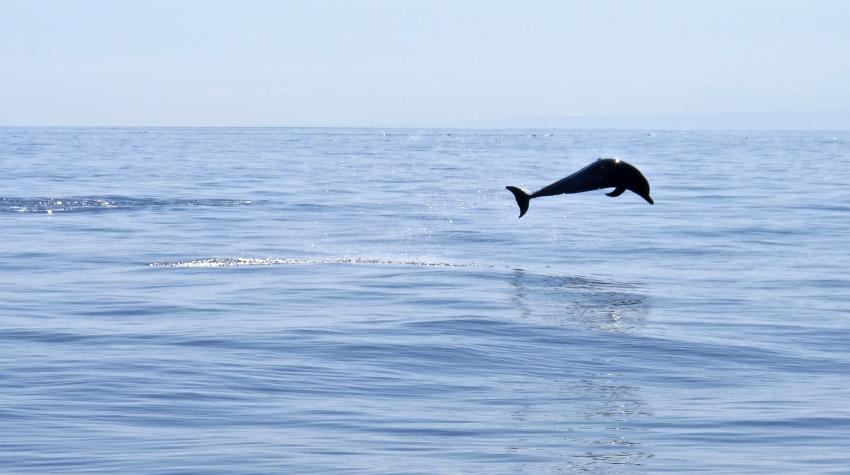World Oceans Day, celebrated every year on 8 June, is an opportunity to reflect on the importance of oceans to our lives and livelihoods, and the environmental impact of human activity on oceans.
The University of Bergen (Norway), United Nations Academic Impact (UNAI) SDG Hub for Goal 14: Life below water, is a center of scholarship, research and innovation for the preservation of oceans for the future of mankind.
In this series commemorating World Oceans Day, the University of Bergen explores various aspects of sustainable oceans and how universities can contribute to the stewardship of this natural resource. In this article, the university explores ongoing negotiations for a legal instrument related to oceans.
For most of the present decade the world has been engaged in negotiations around Biodiversity of Areas Beyond National Jurisdiction (BBNJ), which are now entering the final phase. BBNJ builds on the Convention on the Law of the Sea (UNCLOS), which is often referred to as the ‘constitution’ for the ocean, a legally binding agreement that would help safeguard biodiversity and increase sustainability of our oceans
Following provisions of the UN General Assembly resolution 72/249, BBNJ negotiations address issues such as “the conservation and sustainable use of marine biological diversity of areas beyond national jurisdiction, in particular, together and as a whole, marine genetic resources, including questions on the sharing of benefits, measures such as area-based management tools, including marine protected areas.”
“Norway’s BBNJ delegation has established a reference group, composed of relevant scientists and interested parties from industry, civil society and other societal actors to gather broad input to this process,” says Professor Sigrid Eskeland Schütz at the University of Bergen and a member of Ocean Sustainability Bergen, a virtual center in sustainable ocean research at the university.
“These negotiations have relevance for all ocean-oriented activity,” said Prof. Schütz, noting that among the questions necessary to ask are: how to ensure that knowledge is emphasised in a global organization? How to prevent research from being politicized? Will the establishment of a scientific committee promote knowledge-based marine management? Are the BBNJ draft’s decisions on impact assessments appropriate?
She believes including a wide range of viewpoints from multiple actors is vital to securing a BBNJ result – an international legally binding instrument – that will be implemented by UN Member States. However, she also urges a note of caution as to success criteria post-negotiations. “Seeing the current BBNJ draft, the outlined rules may turn out very differently,” she noted.
Edvard Hviding, Scientific Director of SDG Bergen Science Advice is another University of Bergen scientist closely engaged in the BBNJ negotiations. “The 2030 Agenda creates opportunities and options for juxtapositions and interconnections that are still not fully utilized in public debates on the SDGs,” he said. “We want to create awareness in a wide range of academic disciplines of current challenges for global ocean.”
The University of Bergen aims to provide several arenas for exchange of science and policy ideas directly relevant to the intergovernmental BBNJ negotiations. The institution also wants to discuss how a BBNJ legal instrument can contribute to the overall 2030 Agenda. “The fate of the oceans in fact has bearings for a significant number of the SDGs and their targets,” stressed Prof. Hviding.
To find out more about what our SDG Hub for Goal 14 is doing, click here.
List of additional resources:
- Official UN World Oceans Day Portal
- UN ESCAP Theme Study “Changing Sails: Accelerating Regional Actions for Sustainable Oceans in Asia and the Pacific”
- UNESCO Global Ocean Science Report “Current Status of Ocean Science Around the World”
- UN Report “The Ocean and the Sustainable Development Goals Under the 2030 Agenda for Sustainable Development”
- UN SDGs Knowledge Platform - Oceans & Seas

